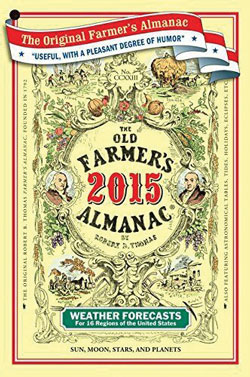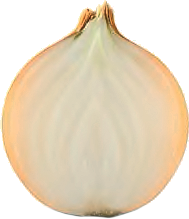
My breasts can always tell when it’s gonna rain. Well, they can tell when it’s raining.
—Karen Smith in the film Mean Girls, 2004

When the Pleiades plunge into the misty sea to escape Orion’s rude strength, then truly gales of all kinds rage.
—Hesiod in his Works and Days, eighth century bc

If the storm god Adad thunders at sunrise, on that day rain will fall, the weather will be bad.” Alternatively, “showers will come and then cease. There will be sick people in the land.
—Babylonian omen tablet, second millennium bc

When the sky has a reddish appearance before sunrise, this indicates rain within three days, if not on that very day,” but “if the moon looks fiery, it indicates breezy weather for that month.
—Greek treatise On Weather Signs, third century bc

I heard several well-educated persons remark, during the rainy spring of 1945, ‘Surely the war in Europe must have had something to do with our unusual rainfall.’
—philologist Louise Pound, 1946

When the rooster crows on the dunghill, the weather will change or stay as it is.
—German mock proverb, nineteenth century

If your rear itches, there will be rain on the morrow.
—Japanese American proverb recorded in Los Angeles, 1962

I have always heard that if it rains on Monday, it will rain three days that week. I have found that to be pretty much true, and I am sixty-six.
—reader comment on The Old Farmer’s Almanac website, 2015

It’s gyain t’be rain; the cat’s washin’ her face.
—Scottish proverb

I know ladies by the score / Whose hair, like seaweed, scents the storm; / Long, long before it starts to pour / Their locks assume a baneful form.
—William Jackson Humphreys, 1923

To determine the general condition of the weather for each month of the year,” let twelve salted onion halves sit out for twelve days. “The months of the respective halves in which the salt is all dissolved will be wet, while the months of the halves in which the salt is undissolved will be dry.
—The Pennsylvania-German magazine, 1904